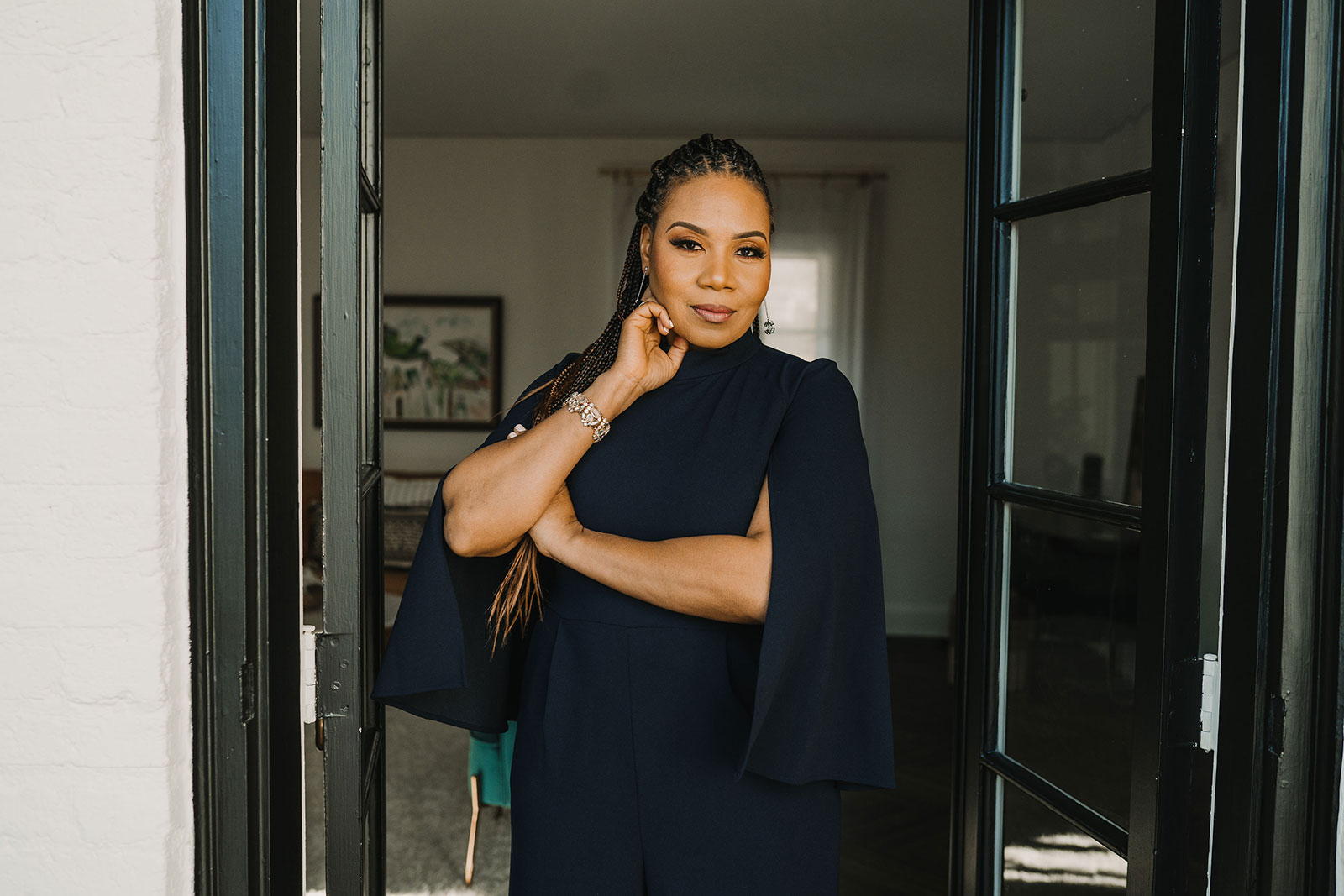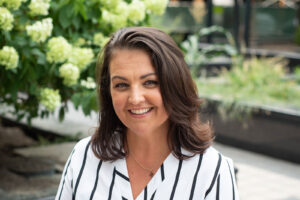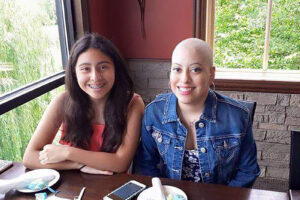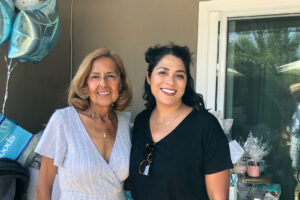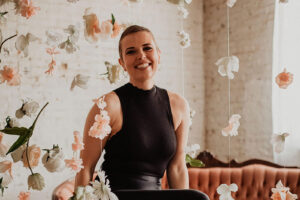Through education and advocacy, board-certified anesthesiologist Dr. Kendra Outler, MD, is on a mission to empower Black and underserved communities and eliminate disparities in healthcare. Outler — affectionately known as “Doctor K” — founded MyUzima Health & Wellness in response to experiencing and witnessing disparities in healthcare systems, knowing that there is much work to be done to address the myriad issues that impact underserved communities.

Outler has long worked in public health, and over the years has seen these underserved communities experience disproportionate risk factors, higher rates of disease and inadequate accessibility of information and resources. Motivated to take action and use her medical background to empower and educate people directly, Outler founded the MyUzima 501(c)3 organization and online platform in 2019.
“Uzima” means “full of life” in Swahili, Outler explains. Choosing this name for her work, she says, represents empowering others to have hope and agency over their life and health. The MyUzima website includes educational articles and resources on a range of health topics specifically addressing Black communities.
On MyUzima’s YouTube channel, Outler features interviews with health experts and motivational videos encouraging individuals to take ownership of their health, including a focus on cancer-related education. Conversation-starter videos show individuals how they can prioritize self-monitoring and talk to healthcare professionals about cancer screening, diagnosis and treatment. The organization also works to share health-related news to provide additional education around cancer prevention and detection.
Showing real-life examples and providing a framework for these health conversations is so important. This is particularly crucial in Black communities, where oftentimes health-related matters are kept private and not widely discussed among families or friends, she adds.
Outler emphasizes the importance of genetics and family history, particularly when it comes to cancers that may be hereditary. Through MyUzima support, Dr. Outler encourages families to speak more openly about their health with each other. When an individual knows their family health history, they are more likely to have better self-monitoring, screening and diagnosis outcomes, she says.
MyUzima videos also help support an individual’s experience interacting with their healthcare team. “We’re not talking enough about the conversation that happens once someone is diagnosed with cancer,” Outler says. “What should they say next?” The platform’s videos demonstrate how these conversations can help individuals take those next steps and have more successful conversations with their healthcare providers.
Much of Outler’s passion is focused on triple-negative breast cancer, an especially aggressive form of the disease that tends to have higher rates among young women and Black women. Outler says that despite her professional medical background, she was unaware of specific breast cancer subtypes until several of her loved ones were diagnosed with triple-negative breast cancer.
Outler knew that if she, as a medical professional, was never informed about triple-negative breast cancer, chances were the general public didn’t know much about it either. “People are still not knowledgeable about triple-negative breast cancer, specifically,” she says.
With this personal connection and her motivation to make positive change, Outler is particularly motivated to reach young Black women to share her message. MyUzima’s educational videos show examples of women discussing breast health among friends and encouraging self-exams and screenings. “We want to bring health into the everyday conversation. This is a topic we can bring up in different spaces,” she says.
These videos also provide support for conversations with healthcare teams. “If I can help a woman understand these conversations and provide an example of role play, hopefully they can engage sooner with their physicians,” Outler says.
In these conversations, Outler explains, individuals should receive detailed information about their type of cancer and what the treatment plan will look like. With this support from MyUzima, Dr. Outler’s hope is that people facing a cancer diagnosis can more effectively ask for and receive this information in a way that they understand.
The organization is also working on building out a directory of healthcare providers and facilities. These “trusted agents of information” can help individuals with screening, diagnoses and any additional referrals needed, Outler says. This resource is particularly helpful as cancer diagnoses are typically accompanied by multiple doctor referrals and procedures, in addition to an overwhelming amount of complex medical information. Outler adds that oftentimes individuals are unaware of specialized facilities, such as breast imaging centers, and that this type of resource can help connect them with the best services possible.
Looking ahead, Outler is passionate about continuing these conversations and providing even more resources through MyUzima. “We want to send a message of hope and better outcomes for Black women,” Outler says. She also emphasizes that this work has positive ripple effects for the greater good: “What’s good for Black women’s health is good for everyone’s health.”
For more information about Dr. Kendra Outler and MyUzima, visit www.MyUzima.org
Breast cancer-specific resources from MyUzima: https://www.myuzima.org/editorials/video-and-media/137-breast-cancer-awareness

